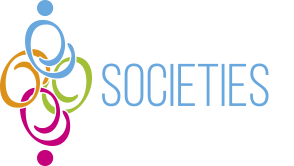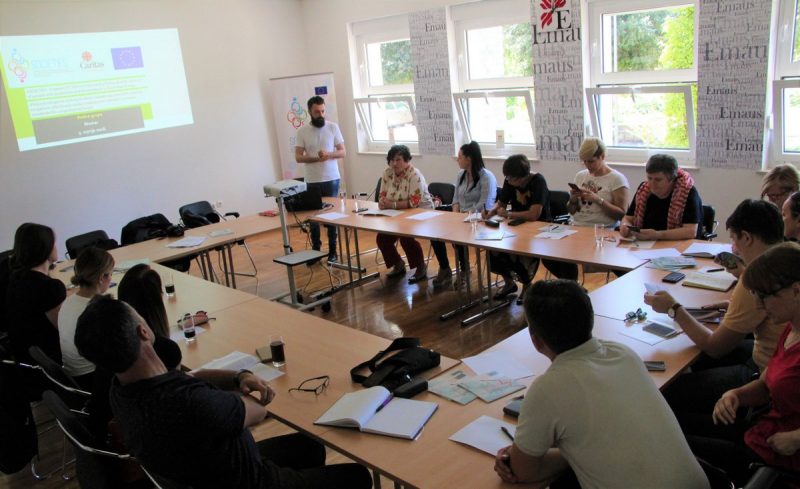As part of the SOCIETIES project, Caritas Bosnia and Herzegovina initiated the process of forming social inclusion working groups. The aim of these working groups is to enhance the participation and role of civil society organizations in the decision-making process and to exchange the knowledge and experience of these associations and organizations with public institutions on the processes of social inclusion of persons with disabilities and the corresponding social policies.
In this regard, Caritas BiH has organized two meetings of two different working groups in Tuzla and Mostar.
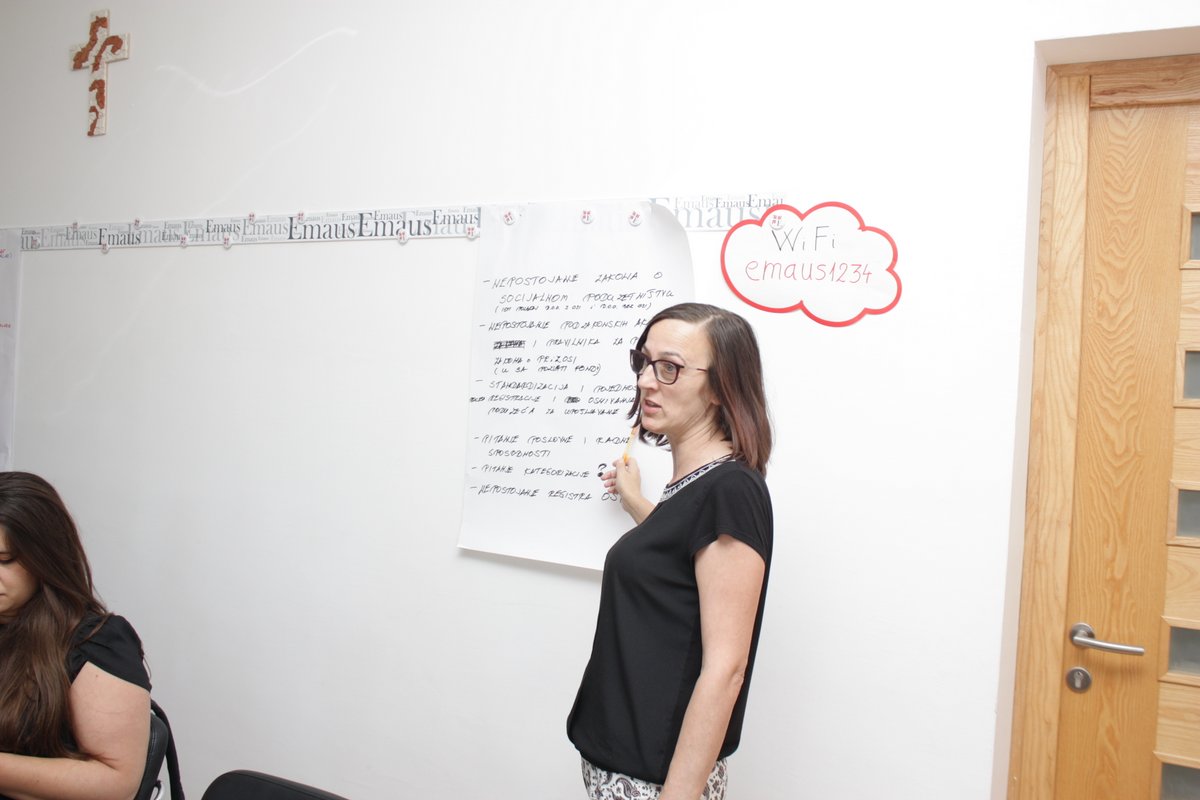
The Tuzla Working Group meeting was held on June 29 on “Self-living and deinstitutionalization process in Bosnia and Herzegovina”. The meeting was organized in co-operation with the project partner the Association for Mutual Support in Mental Distress “Fenix” Tuzla, and brought together representatives of non-governmental organizations, the social work center and the mental health center. As one of the conclusions of this initial meeting is that the process of deinstitutionalization requires a comprehensive systematic approach, therefore, for the making of recommendations for public policy change, it is necessary to make a prior analysis and to define all the shortcomings and oversights of this process. At the end of this working group meeting methodology for the forthcoming period was agreed and it was emphasized that the next meeting should be devoted to the rights of persons with disabilities and strengthening their capacities.
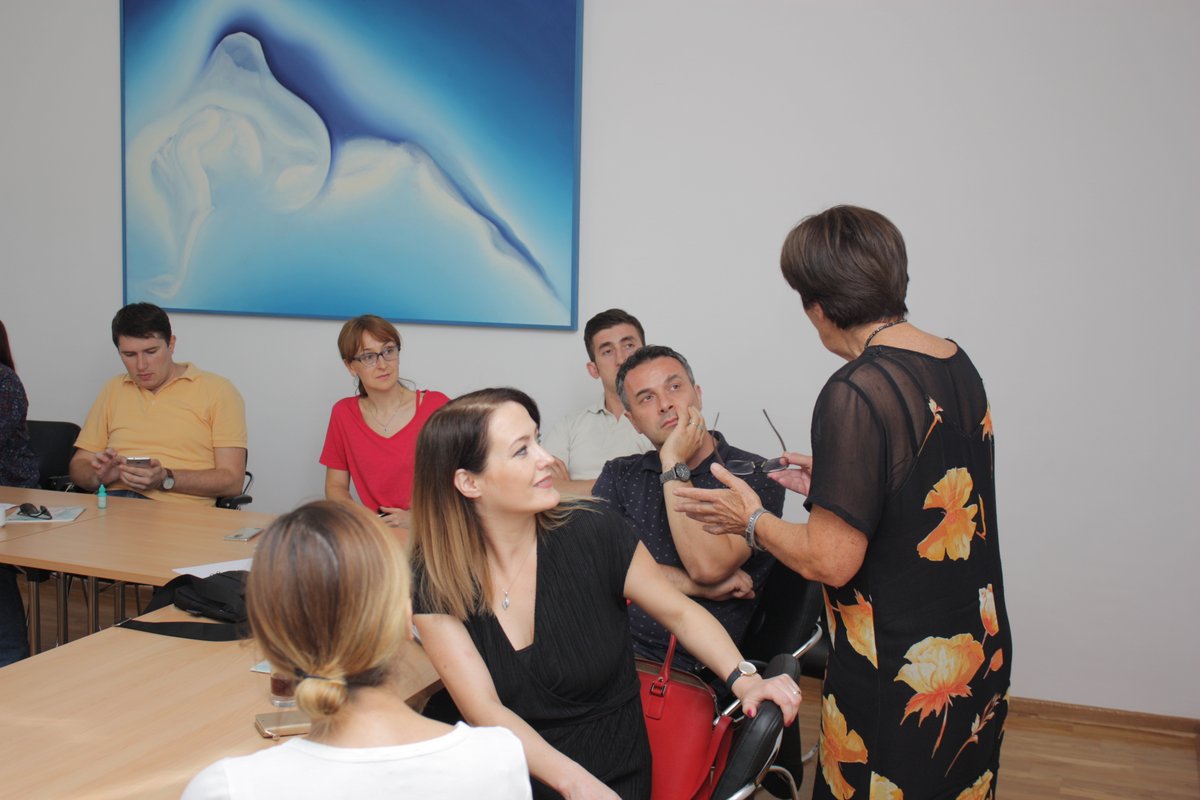
The meeting of the working group in Mostar on topic “Social entrepreneurship – opportunities for people with disabilities” was held on July 5, 2018 in cooperation with Diocesan Caritas Mostar-Duvno and Trebinje-Mrkan and Parents’ Association of children with special needs “Vedri Osmijeh”. The working group gathered representatives of 15 non-governmental organizations, social enterprises employing people with disability, as well as representatives of public institutions and ministries. Participants emphasized the importance of adopting the legal regulation on social entrepreneurship in BiH, with particular emphasis on persons with disabilities, the need to redefine and simplify the existing registration process for employers for employment of persons with disabilities. At the end of the meeting this working group agreed on the methodology and the way of action in the forthcoming period, and agreed on date of the next meeting to discuss further the employment of persons with disabilities.
By the end of 2018 it’s planned to organize 8 meetings of these working groups for social inclusion of persons with disabilities at the level of Bosnia and Herzegovina. The results of the working groups will be gathered recommendations for creating new and redefining existing social policies and legal solutions, which will be presented at a national forum scheduled for April 2019.
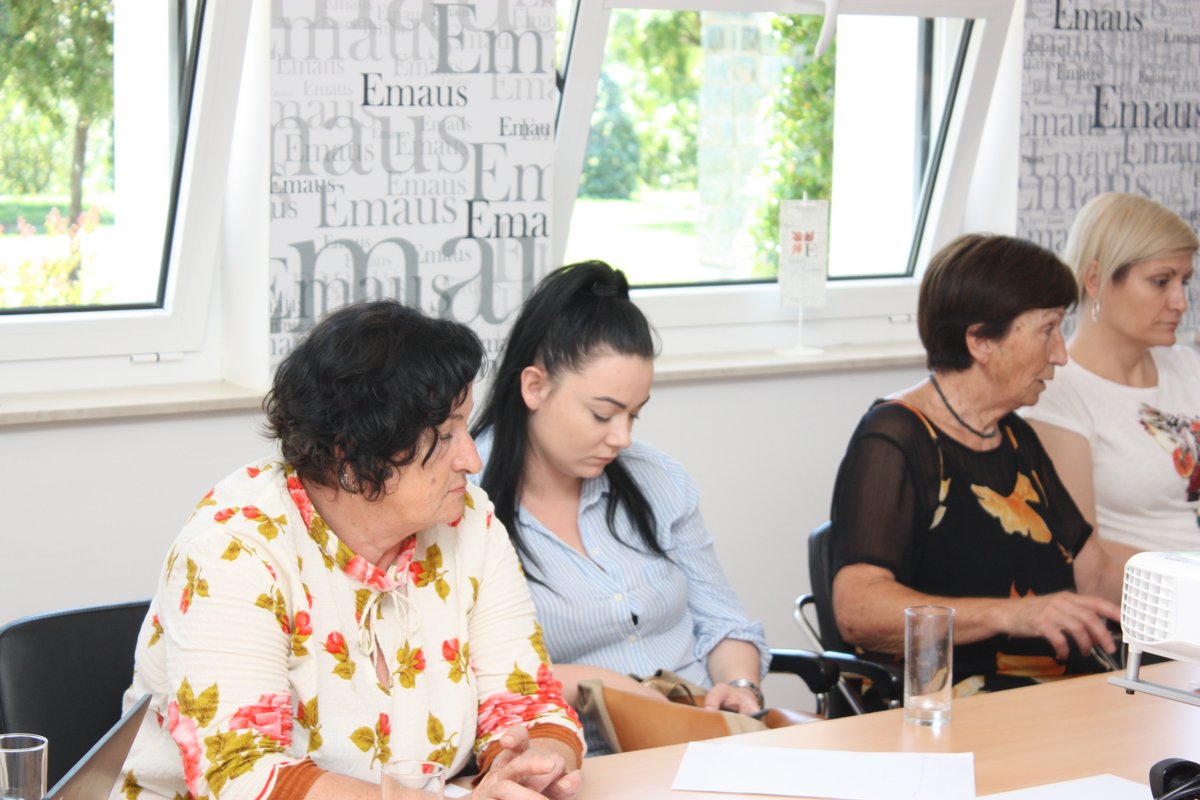
Project SOCIETIES aims to assist civil society organizations in upgrading technical skills, or to contribute to the social inclusion of people with disabilities through the implementation of EU standards in South East Europe. The project is being implemented in five countries of Southeast Europe: Albania, Bosnia and Herzegovina, Montenegro, Kosovo and Serbia with the support of experts from Italy and Bulgaria. The implementation of the project involves 16 partner organizations, including Caritas of Bosnia and Herzegovina. The projected duration is 48 months, until the end of 2019. The project is funded by the EU funds under the program of support for regional and thematic networks of civil society organizations.
